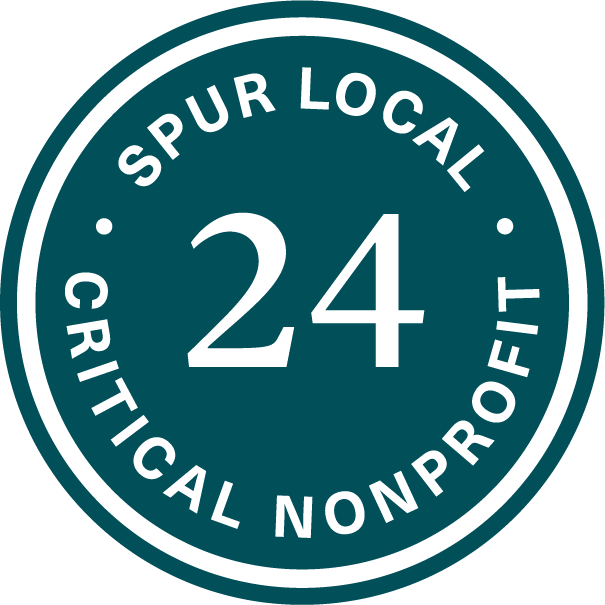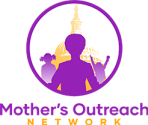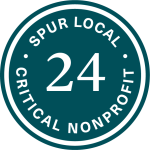Cash transfer programs are a powerful way to fight poverty, advance equity, and empower recipients. However, their impact is undermined when participants, at the same time, lose access to other social benefit programs or see a substantial increase in their taxes. Organizations seeking to develop guaranteed income or other cash transfer programs should consider ways to mitigate against these adverse financial impacts.
One way to do so is to pursue waivers and work with local and state governments to identify regulatory or legislative changes that could protect guaranteed income participants’ other benefits. When successful, waivers, laws, and regulatory changes ensure that cash transfers are not counted as income for other benefits’ eligibility determinations. For example, the national guaranteed income movement has successfully advocated to the USDA Food and Nutrition Services office to clarify that GI payments can be excluded from SNAP eligibility determinations. Individual pilots have worked with their local agencies to exclude GI payments from counting as income for benefits like TANF, housing subsidies, and child care assistance. Most of these protections are available at the discretion of the local administering agency, however, meaning that building strong relationships with these agencies is critical for any pilot hoping to protect benefits.
Most cash transfer programs have also been successful at protecting payments from taxation by ensuring that the gift is provided by a nonprofit, the gift limit doesn’t exceed the annual exclusion for the calendar year and there are no conditions on the payments. More information about parameters for gift taxes can be found on the IRS website.
Arguably the most impactful, yet most difficult, solution to implement is a change in the legislation in each state regarding the benefits provided by the government. If states pass legislation that exclude benefits from being considered as part of one’s overall income, this will largely nullify one type of benefits cliff, though it will not address losses of benefits that result from minor increases to households’ earned income.
Some states have already begun to implement these laws. For example, the Illinois legislature passed a bill in August 2019 which wholly excluded cash disbursements, gifts, and benefits from eligibility determinations for persons enrolled in programs “or form of assistance where a person’s income or assets are considered in determining the eligibility of level of assistance.”1 New York’s state senate passed a similar bill which would have protected the benefits of homeless and runaway youth participating in a guaranteed income pilot run by the University of Chicago. Unfortunately, it has not passed out of the state assembly.2 Other pilot programs which intend to study the impact and potential benefits of direct cash transfers would also have been covered under this bill.
- Illinois General Assembly Public Act 101-0415 https://www.ilga.gov/legislation/publicacts/fulltext.asp?Name=101-0415
- New York State Senate - Senate Bill S5759A https://www.nysenate.gov/legislation/bills/2021/S5759/amendment/A



